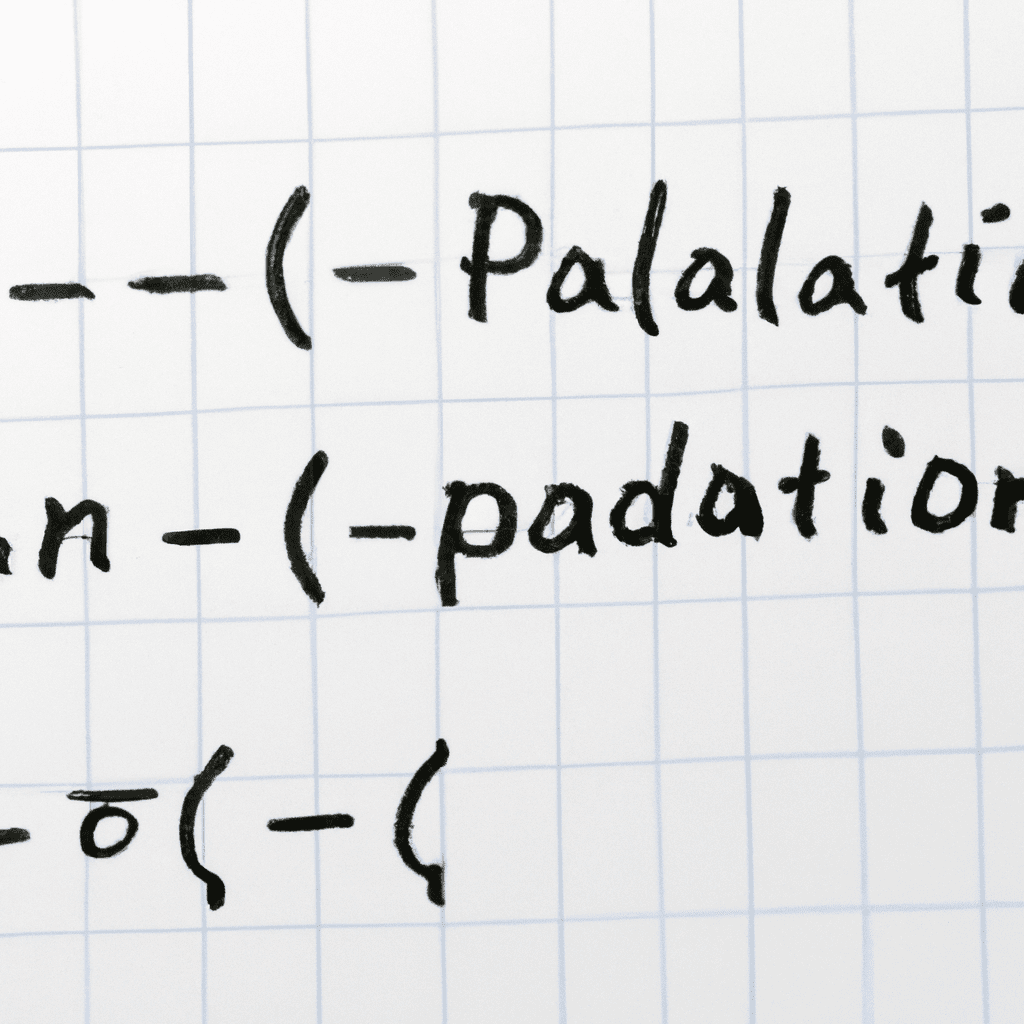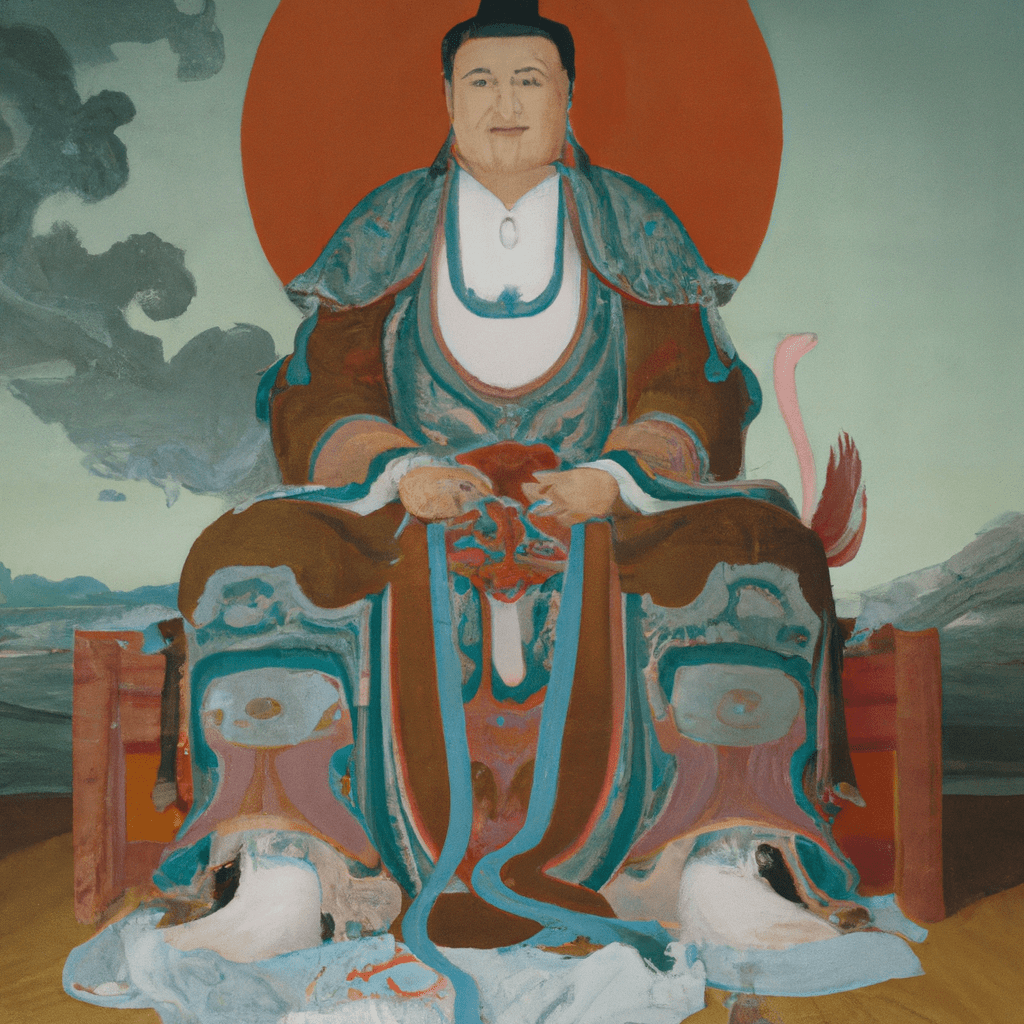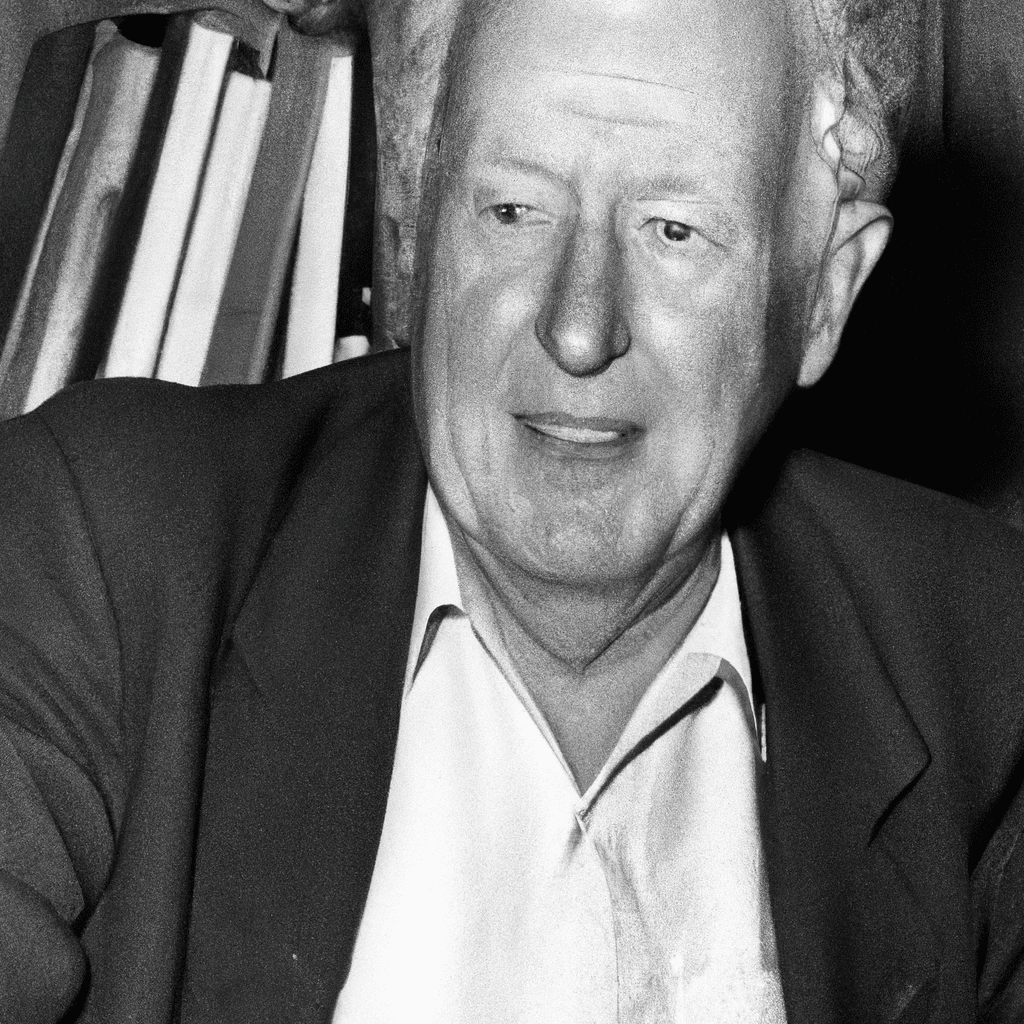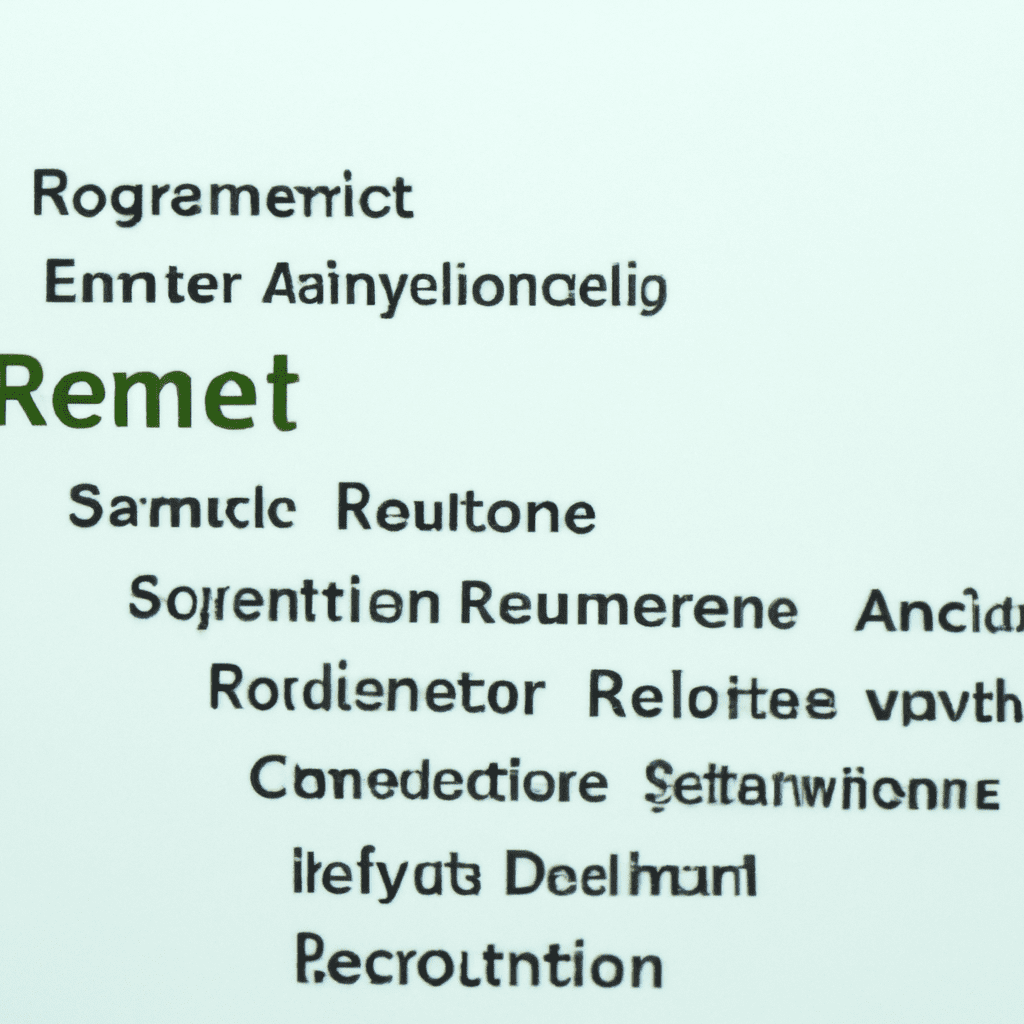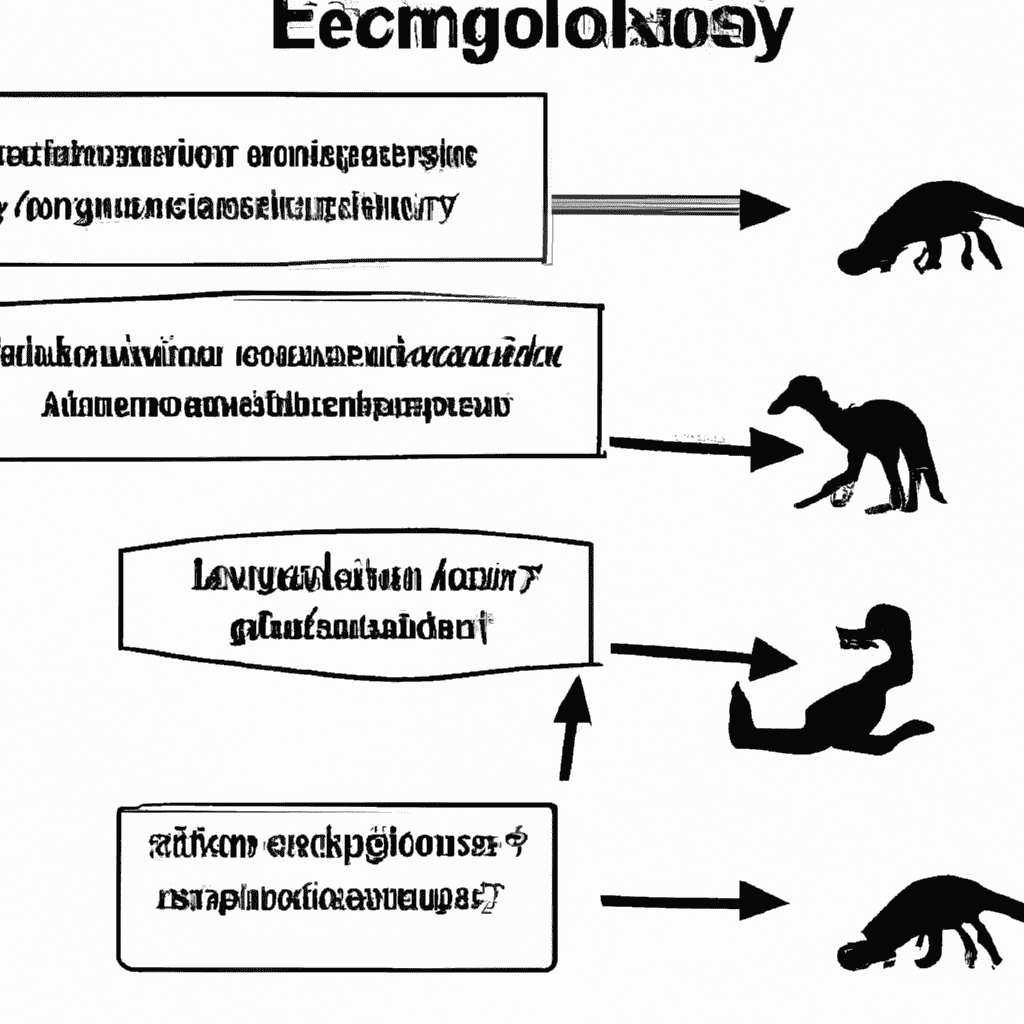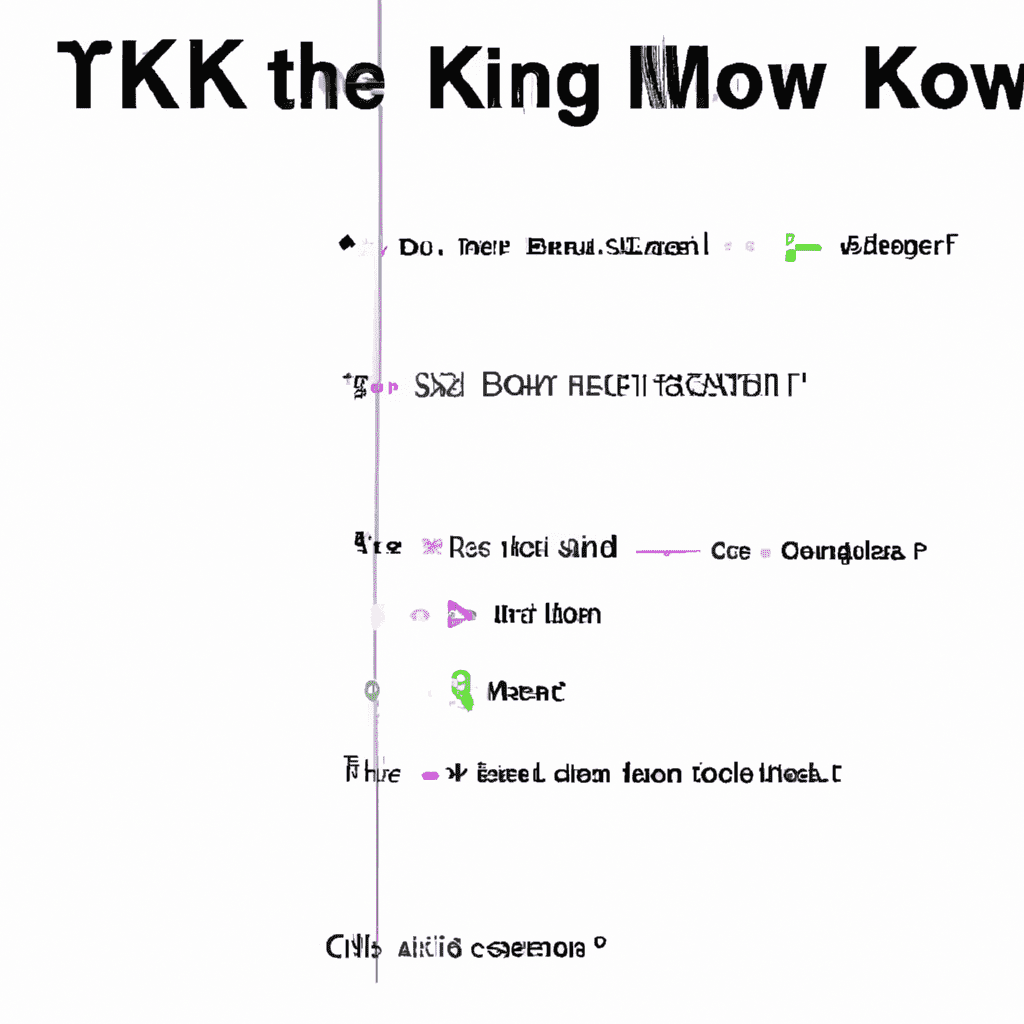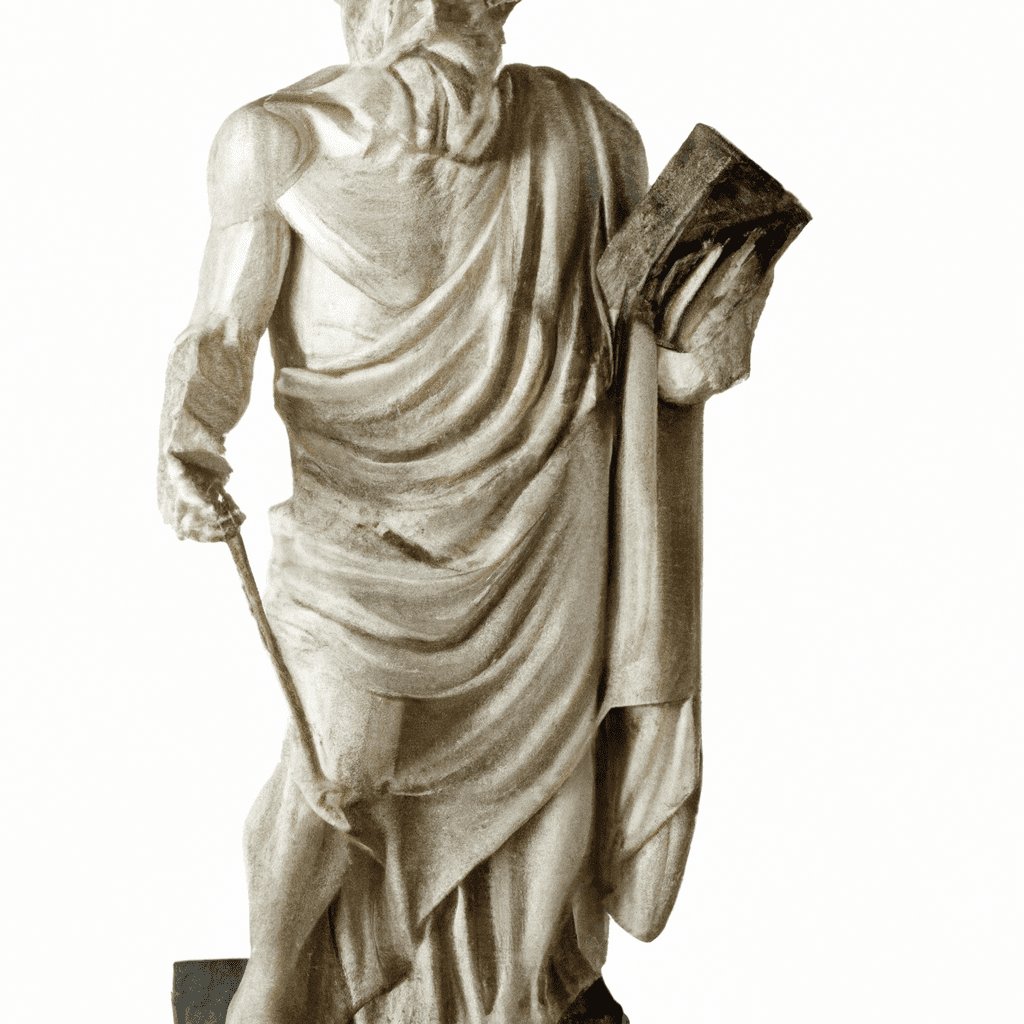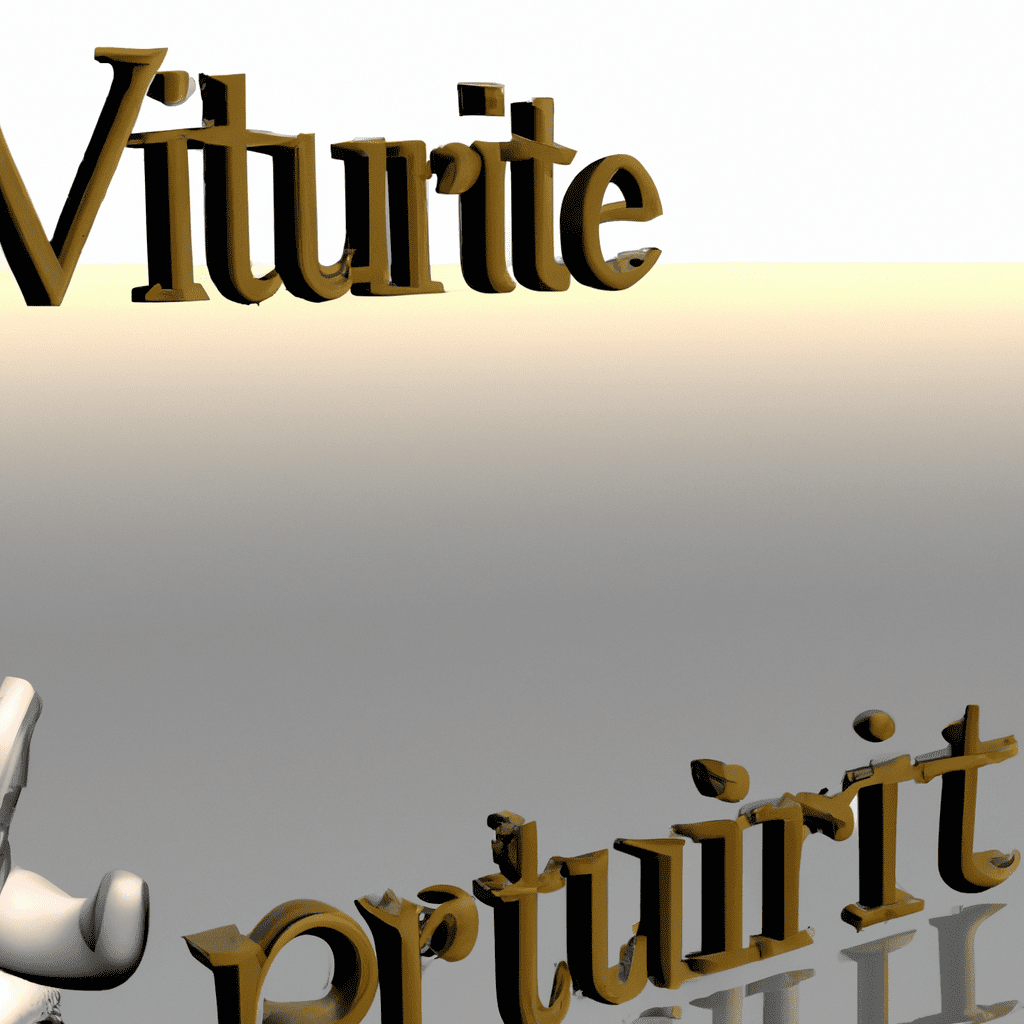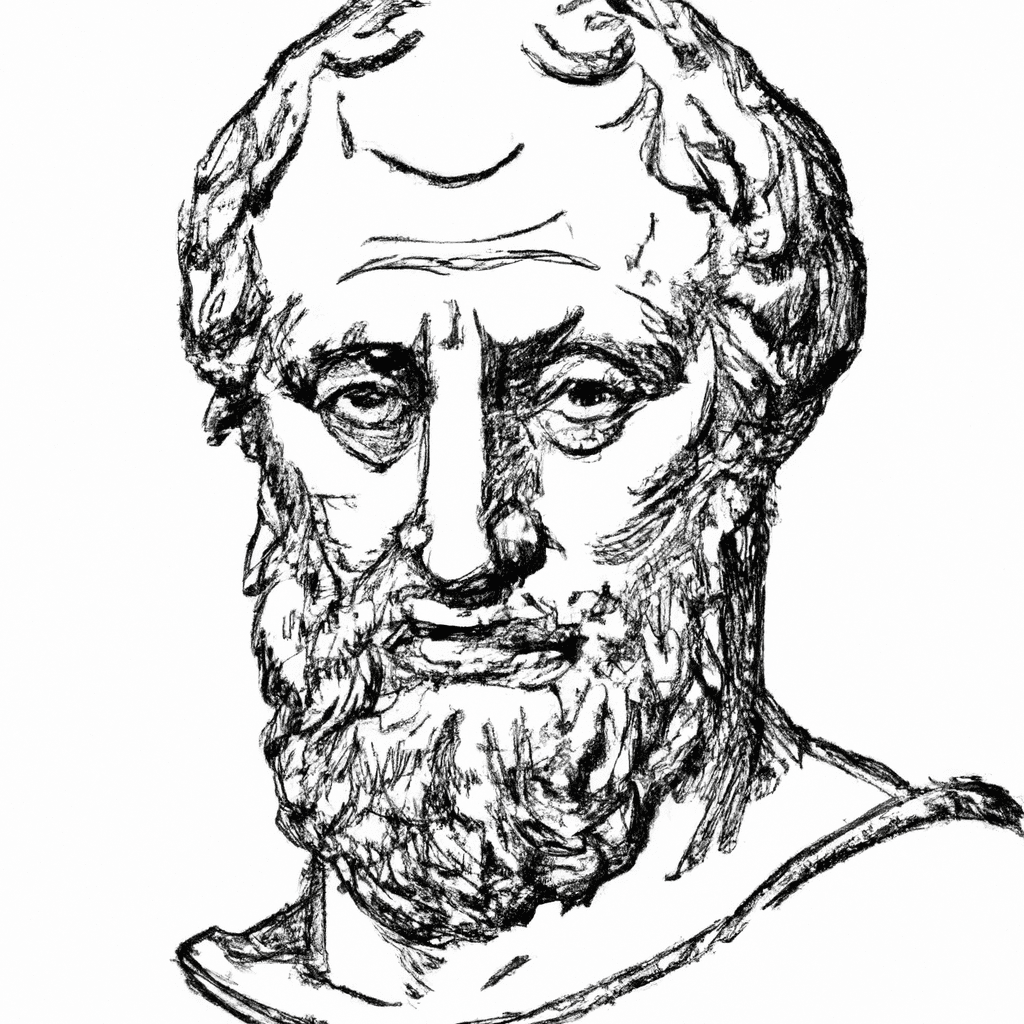Mathematical Platonism Mathematical platonism is any metaphysical account of mathematics that implies mathematical entities exist, that they are abstract, and that they are independent of all our rational activities. Zum Beispiel, a platonist might assert…
Browsing CategoryWiki-Philosophie
Presocratics
Presocratics Presocratic philosophers are the Western thinkers preceding Socrates (c. 469-c. 399 B.C.E.) but including some thinkers who were roughly contemporary with Socrates, such as Protagoras (c. 490-c. 420 B.C.E.). The application of the term…
Xuanzang (Hsüan-tsang) (602—664)
Xuanzang (Hsüan-tsang) (602—664) Xuanzang, world-famous for his sixteen-year pilgrimage to India and career as a translator of Buddhist scriptures, is one of the most illustrious figures in the history of scholastic Chinese Buddhism. Born into…
Alasdair Chalmers MacIntyre (1929— )
Alasdair Chalmers MacIntyre (1929— ) Alasdair MacIntyre ist gebürtiger Schotte, Britische Ausbildung, Moral- und Politikphilosoph, der seit 1970 in den Vereinigten Staaten arbeitet. Seine Arbeit in Ethik und Politik erstreckt sich über alle Disziplinen,…
Conceptual Role Semantics
Conceptual Role Semantics In the philosophy of language, conceptual role semantics (hereafter CRS) is a theory of what constitutes the meanings possessed by expressions of natural languages, or the propositions expressed by their utterance. In…
Evolutionäre Erkenntnistheorie
Evolutionäre Erkenntnistheorie Evolutionäre Erkenntnistheorie (EE) ist ein naturalistischer Ansatz zur Erkenntnistheorie und damit Teil der Wissenschaftsphilosophie. Andere naturalistische Ansätze umfassen soziologische, historische und anthropologische Erklärungen des Wissens. What makes EE specific is…
Der KK (Wissen, dass man es weiß) Prinzip
Der KK (Wissen, dass man es weiß) Principle In its simplest form, Das sagt das KK-Prinzip, für jeden Satz p, wenn man das weiß p, dann weiß man, dass man es weiß. More complex formulations…
Diogenes von Apollonia (5. Jh. v. Chr.)
Diogenes von Apollonia (5. Jh. v. Chr.) Diogenes of Apollonia is often considered to be the last of the Presocratic Greek philosophers, although it is more than likely that Democritus was still active after the death of…
Tugendethik
Tugendethik Tugendethik ist ein weit gefasster Begriff für Theorien, die die Rolle von Charakter und Tugend in der Moralphilosophie betonen, anstatt entweder seine Pflicht zu erfüllen oder zu handeln, um gute Konsequenzen herbeizuführen. A virtue…
Plotin (204–270 n. Chr.)
Plotin (204–270 n. Chr.) Plotinus is considered to be the founder of Neoplatonism. Taking his lead from his reading of Plato, Plotinus developed a complex spiritual cosmology involving three foundational elements: the One, the Intelligence, und…

